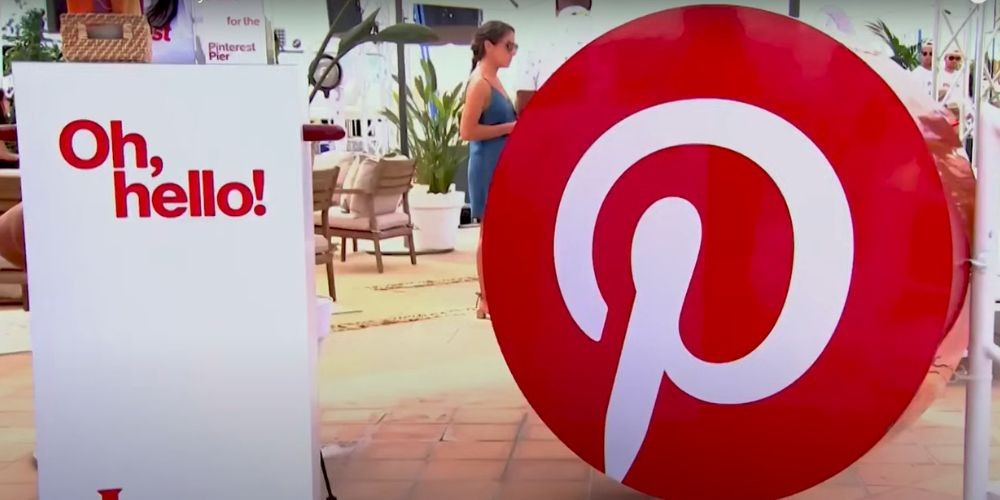Pinterest’s Unique Approach to Capturing Both Passive and Active Attention
- 2024-06-05 07:35

In the quickly moving world of digital marketing, mastering the art of capturing the attention of consumers is invaluable. A recent study commissioned by Pinterest reveals not just why it’s ahead of the pack but also how its strategies for engaging users are bearing fruit. With a focus on both passive and active attention, this platform takes a unique approach that marketers can't afford to overlook.
Pinterest understands the importance of differentiating between passive and active attention in ad effectiveness. Active attention involves elements that demand immediate focus, while passive attention focuses on subtle yet consistent reminders of a brand. The study highlights the exceptional way Pinterest leverages both to create lasting impressions, making it 170% more effective than other platforms at driving attention.
An intriguing aspect of these findings is Pinterest's knack for cultivating passive attention, which, as it turns out, mostly stems from user enjoyment of the platform’s content. Unlike other apps where users might quickly skim past ads, Pinterest users tend to linger, scrolling 1.5 times more slowly. This leisurely engagement maximizes the duration of the ads remaining in view, deepening users' connection with the material presented.
With this knowledge, marketers are better positioned to tailor their strategies on Pinterest. The platform suggests placing content within relevant contexts — for instance, positioning a handbag ad among fashion-related pins. Additionally, the infusion of positive emotion in creatives — especially happiness and surprise — enhances audience response. Ads that evoke strong emotional reactions prompt higher engagement, making them more memorable.
In conclusion, Pinterest’s ability to blend active and passive attention strategies is an important takeaway for marketers aiming to boost brand visibility. Utilizing the platform’s unique environment to its fullest by creating contextually relevant and emotionally engaging content can significantly enhance ad effectiveness. The insights from Pinterest's study underscore its potential to drive not only more attention but also meaningful interactions, which is increasingly valuable in today’s saturated digital space.